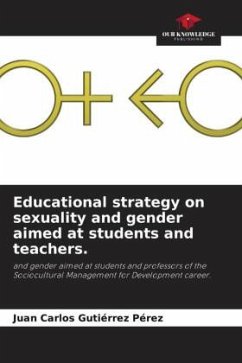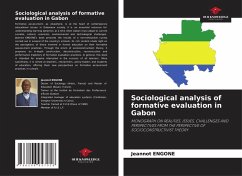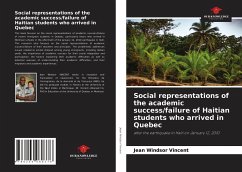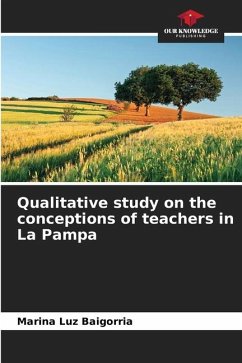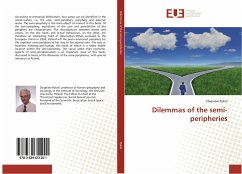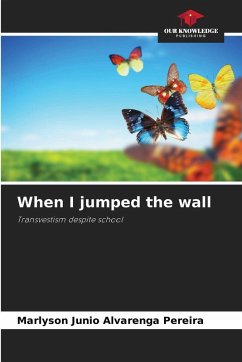
When teaching abandons teachers
Teacher evasion in the Rondônia state public school system (2008-2012)
Versandkostenfrei!
Versandfertig in 6-10 Tagen
36,99 €
inkl. MwSt.

PAYBACK Punkte
18 °P sammeln!
This study analyses the relationship between teacher evasion in the Rondônia state network and the National Teachers' Floor Law, Law 11.738/2008, from 2008 to 2012. Its analysis also includes the relationship between other public policies that (undervalue) teachers' work and the material conditions in which teachers find themselves. The aim is to understand the relationship between teacher dropout rates and Law 11.738/2008. This objective is followed by other specific objectives: i) To discuss the importance of work as an educational principle and the process of valuing and making precarious ...
This study analyses the relationship between teacher evasion in the Rondônia state network and the National Teachers' Floor Law, Law 11.738/2008, from 2008 to 2012. Its analysis also includes the relationship between other public policies that (undervalue) teachers' work and the material conditions in which teachers find themselves. The aim is to understand the relationship between teacher dropout rates and Law 11.738/2008. This objective is followed by other specific objectives: i) To discuss the importance of work as an educational principle and the process of valuing and making precarious the work of teachers; ii) To identify and analyse historically the public policies for valuing professionalism in Brazilian education and their materialisation in the form of salaries, careers and teacher training; iii) To survey teacher dropout rates after the implementation of Law 11. 738/2008 in Rondônia, identifying the profile of the teacher and the schools where this phenomenon occurs and; iv) identifying the links between teacher evasion and the interests of capital today.



